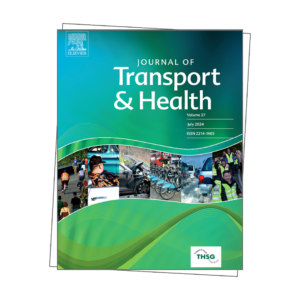This study explores how poor accessibility conditions of the built environment and transport system influences decision-making regarding regular and occasional trips of Movement Challenged Persons (MCPs) in Dhaka, Bangladesh. It explain show MCPs appropriate their mobility in a challenging context with the help family members which causes physical, financial, and other challenges for the supporting persons. Information on travel modes, travel time, destination and distance, and cost for trips made by MCPs and all accompanying family members have been collected through travel diaries of ten MCPs and their family members. Findings show that rickshaw and auto rickshaw are the most preferred travel modes by MCPs. Lack of elevators and ramps in buildings, unfavorable surface condition has been found major deterrents discouraging MCPs to make occasional trips. Existence of stairs without handrails, ramp with high slopes in buildings, lack of ramps in buses have found to compel MCPs to depend on family members for mobility related support. On average, escorting family members travel 46 km/week of additional distance requiring 284 min/week to make additional trips. To travel by modes other than public bus, MCPs or their parents have been found to pay 7%–20% of monthly income.
 PAVE US
PAVE US PAVE EUROPE
PAVE EUROPE PAVE UK
PAVE UK

